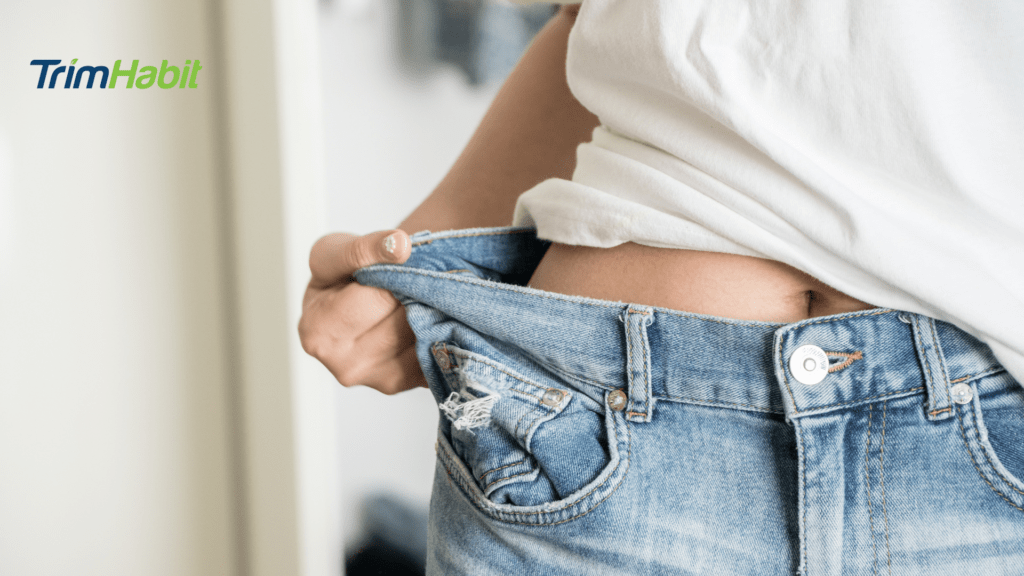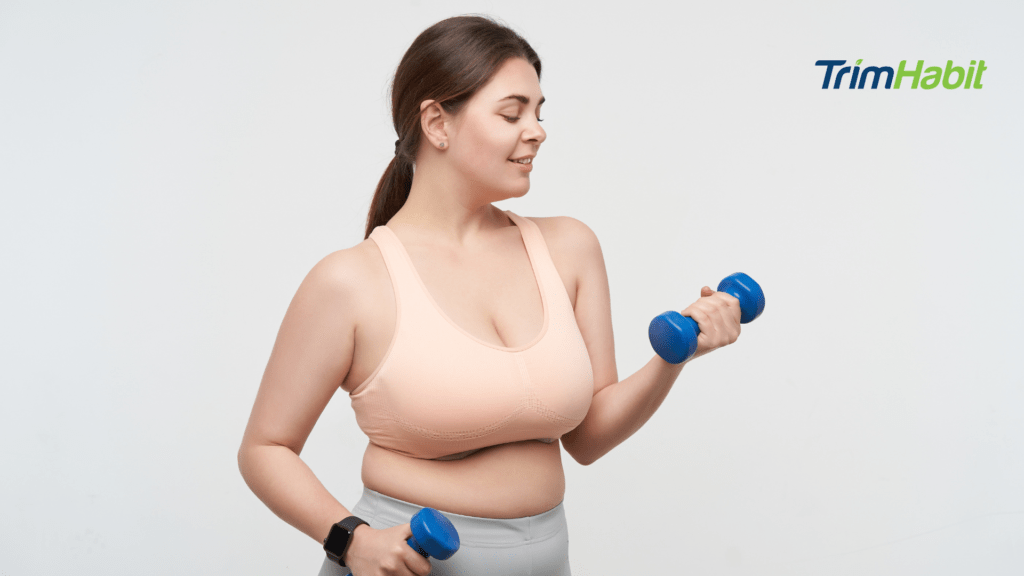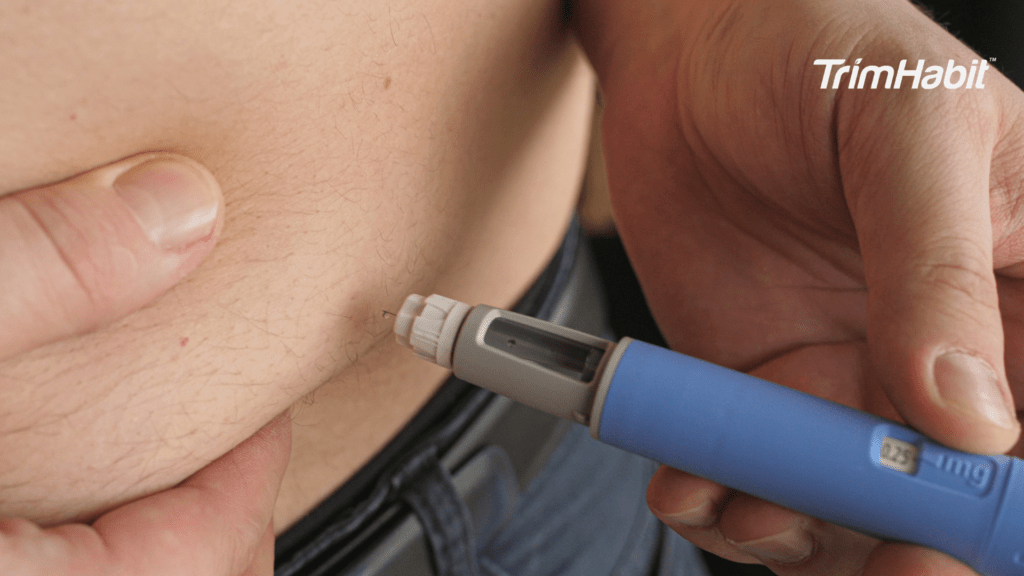Diet soda and intermittent fasting, is it a great way to lose weight?
Intermittent fasting is a fantastic method to maintain physical fitness, lose weight, and prepare the body for success. The health advantages are incredible, but it can be challenging to understand and track what you can and cannot eat during your fasting window.
A highlighting reason behind the popularity of intermittent fasting is that you do not have any restrictions while eating, and you can have calorie-free beverages in a fasting window.
Since they do not contain calories, you may consider diet sodas as one of the acceptable drinks for fasting. Around one-fifth of Americans consume diet drinks on any given day1, and while fasting, it can give some taste in your mouth and kill cravings.
Although calorie-free diet soda might seem like the best option, you might be thinking if it breaks a fast. Let’s take a look at some of this drink’s risks and benefits.
What Exactly Are Diet Sodas?
The first diet soda was released in the 1950s, and today you can find it for almost every major soda brand you can think of on every shelf at the grocery store.
Diet sodas are sugar- and calorie-free drinks widely available in gas stations, grocers, dining establishments, etc.
Diet soda was initially developed as a substitute for those with diabetes because it doesn’t raise blood sugar levels or trigger an insulin response.
Artificial sweeteners are used to flavor diet sodas in place of sugar.
Diet Dr. Pepper, 7Up Zero Sugar, Zero Coke, Diet Coke, Sprite Zero, and Diet Pepsi Wild Cherry are some of the well-known diet soda brands.
Diet Soda Ingredients
Depending on the type, brand, and country from which you purchase the soda, the ingredients in diet sodas may vary slightly. Still, the following components are generally included in diet soda:
- Artificial Sweeteners
Acesulfame-K, aspartame, saccharin, cyclamates, plant-based sweeteners, or sucraloses like Splenda and stevia are common sweeteners in diet soda used to sweeten them.
- Preservatives
Diet sodas frequently contain the preservatives sodium benzoate, potassium benzoate, and potassium sorbate.
Sodium benzoate, sodium citrate, and sodium phosphate are all used to preserve flavor, increase antibacterial qualities, and control acidity.
Some diet drinks contain phenylalanine, which reduces appetite and makes dopamine, a neurotransmitter that can lift the mood.
- Sparkling or Carbonated Water
Natural geological processes occur in sparkling water, whereas carbonated water is created intentionally by adding carbon dioxide to water.
- Flavors
The most popular flavors include fruits like strawberry, citrus oils from orange or lemon, herbs, ginger, cola, berries, caffeine, and cinnamon.
- Added Colors
The most used colors in diet soda are carotenoids, caramels, and anthocyanins.
- Minerals and Vitamins
Most diet sodas have added vitamins and minerals to make them healthier.
- Acids
Your diet soda may contain citric, tartaric, malic, or phosphoric acids if it has a tart flavor.
More About Diet Soda And Intermittent Fasting
1. Can You Drink Diet Soda While Intermittent Fasting?
The majority of calorie-free diet sodas will not break a fast. However, consuming diet sodas might still hinder your efforts to lose weight by triggering more hunger and desire for sugar throughout the day2.
Even though most diet beverages are calorie-free, you may still release insulin (a hormone that controls how much fat is stored) in response to the sweet flavor, even when no sugar is present.
A study published in the Journal of Family Medicine and Primary Care shows that artificial sweeteners and insulin resistance may be related3.
Not everyone produces insulin after consuming foods or beverages with artificial sweeteners, just as not everyone who drinks diet soda gets the cravings after downing a can.
2. Does Drinking Diet Soda Break A Fast?
While drinking diet Coke won’t officially end your fast because it has no calories and no sugar, there are many other benefits to it as well.
You might believe that because diet Coke has no calories and no sugar, you can drink it during your fasting window.
Since soda is heavy and fizzy, it might be easier to get through fasting before the next meal.
However, if your intermittent fasting aims to rest your intestines or enhance your metabolic health, diet soda is harmful to your body. Diet sodas’ phenylalanine may activate (mammalian target of rapamycin) mTOR and end the fast.
Diet sodas can sometimes enter the bloodstream after passing through the digestive system. Diet soda’s artificial sweeteners interact with the gut microbiota and prevent the gut from resting, which is typically the whole point of intermittent fasting4.
According to a study, those who consume sucralose regularly may have higher insulin levels5.
Ketone synthesis and fat burning are both stopped. Sucralose is recognized as sugar by the body, causing insulin release.
Sucralose may be linked to weight gain because, at 200 times sweeter than sugar, it makes you crave sweeter foods more frequently, which can result in weight gain and undermine the goal of fasting2.
3. Diet Soda: Benefits And Risks
Zero calories and zero sugar are the key advantages of diet soda. Being able to indiscriminately sip on a sweet, bubbly beverage without thinking about calories is reason enough to ignore everything else if you’re trying to lose weight.
Diet soda doesn’t have any calories or sugar. Drinking soda won’t make you gain weight while trying to lose a few pounds.
However, consuming diet soda can make you feel more hungry. Diet soda can cause your brain to think you’re not getting enough calories if you drink too much of it, which can significantly increase your body’s hunger cravings2.
Keep in mind that not all forms of diabetes respond well to diet soda. Studies have shown a connection between type 2 diabetes and excessive diet soda drinking6.
Artificial sweeteners in diet drinks overstimulate the sugar receptors, upset your eating habits, and have several other adverse effects when consumed over an extended period7.
4. Risks Of Drinking Diet Soda
- Fatty Liver Disease
Compared to diet sodas, sugar-sweetened beverages (SSBs) are a greater risk factor for liver disease8.
- Obesity
There is scientific evidence connecting older adults’ rising diet soda intake to obesity and metabolic syndrome9,10.
- Dementia and Stroke
Drinks with artificial sweeteners damage the brain and increase the risk of dementia and stroke11,12.
- Type 2 Diabetes
Artificial sweeteners in diet soda can cause Type 2 diabetes, especially if you drink it regularly13.
- Tooth Decay
Acids and carbonated drinks can erode tooth enamel and lead to cavities14.
The Best Drinks For Intermittent Fasting
While diet sodas may be an option, there are drinks that are considered safe for intermittent fasting. Here are some excellent beverages you may consume while fasting to help you with hunger pangs and prevent increased sugar cravings.
- Carbonated and Sparkling Water
Sparkling or carbonated water with natural flavors prevents hunger while not breaking your fast. Drinking water prevents kidney and intestinal problems.
You’ll stay hydrated, and the mild flavor will help you resist the urge for sugar.
- Black Coffee
Although black coffee has calories, they are relatively minimal, so much so that consuming it during a fast won’t break it.
Make yourself a cup of coffee whenever you want, as long as you don’t add any sugar or cream.
Black coffee is also a good source of magnesium and vitamin B2 and lessens cell damage15.
- Tea
Antioxidant-rich herbal teas like green and black tea do not break your fast. They also aid in fat burning.
Takeaway
Drinking diet sodas during intermittent fasting will not break a fast. But you have to ensure you will not overconsume them to avoid a spike in insulin.
Consuming too much diet soda can cause fatty liver disease, type 2 diabetes, obesity, dental decay, and cardiac problems. Additionally, it can upset the equilibrium of acids and calcium-phosphorus, resulting in osteoporosis and fractures16.
Stick to more natural drinks such as water, tea, and coffee, and take the health hazards of diet beverages seriously.









